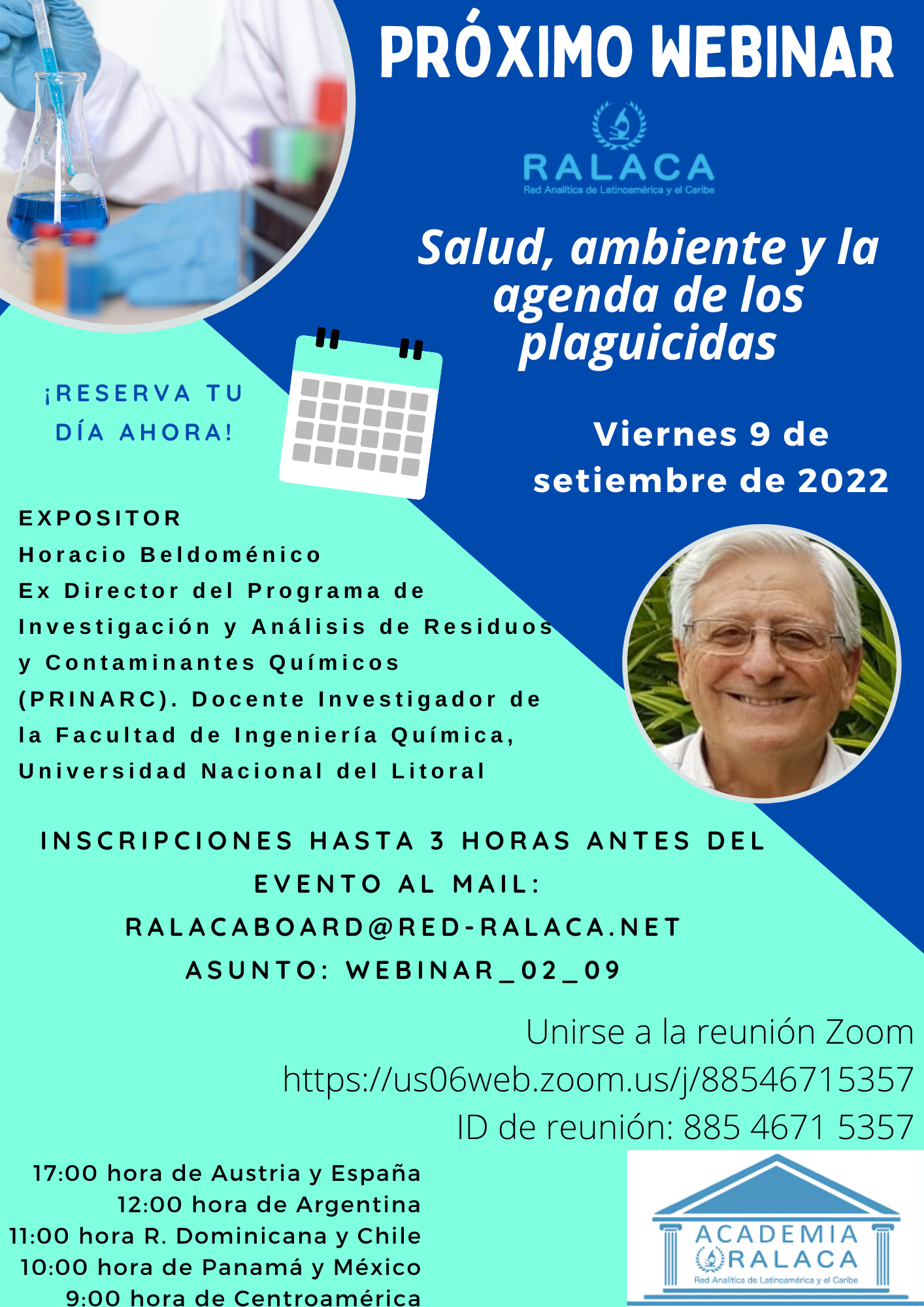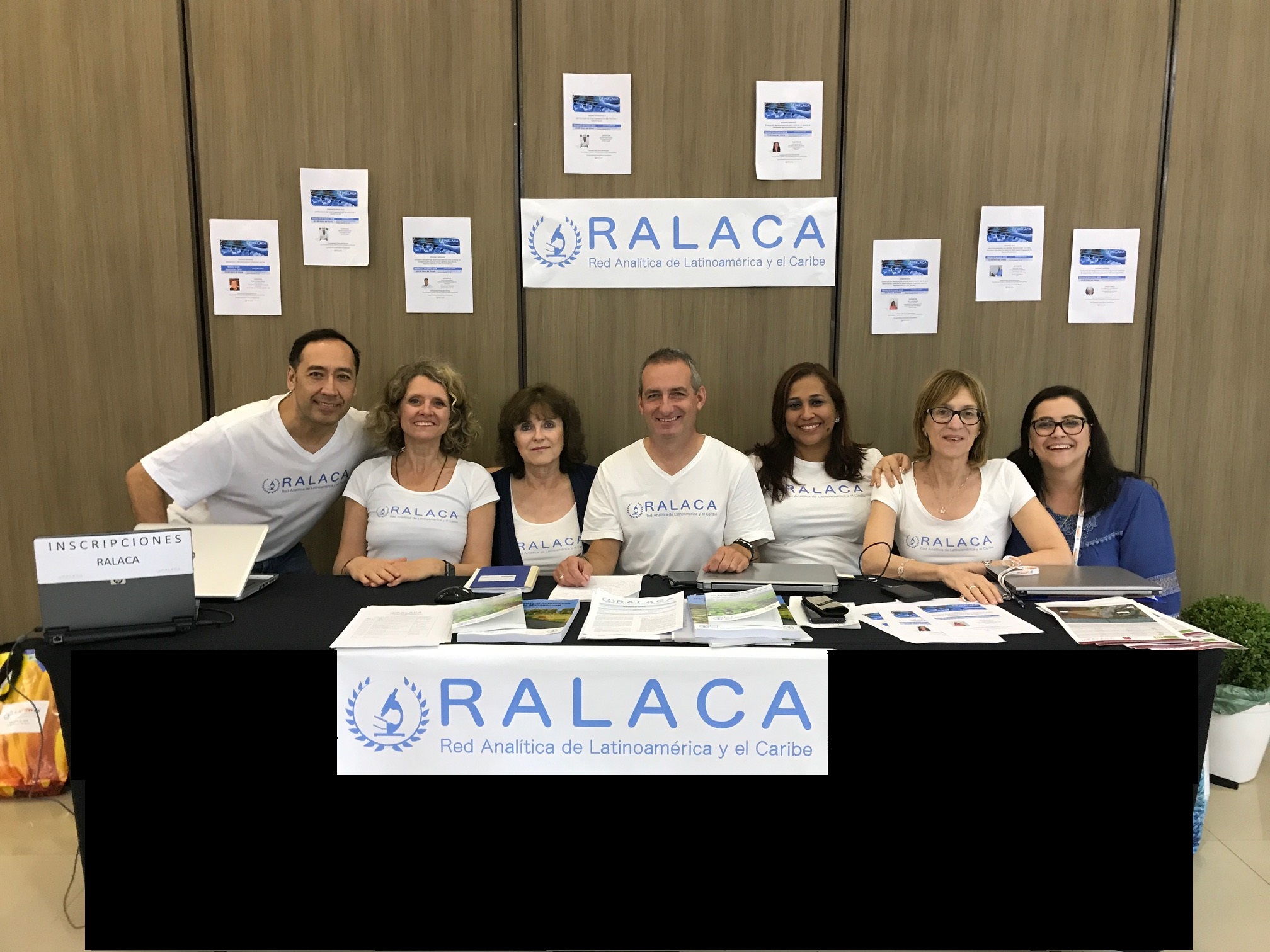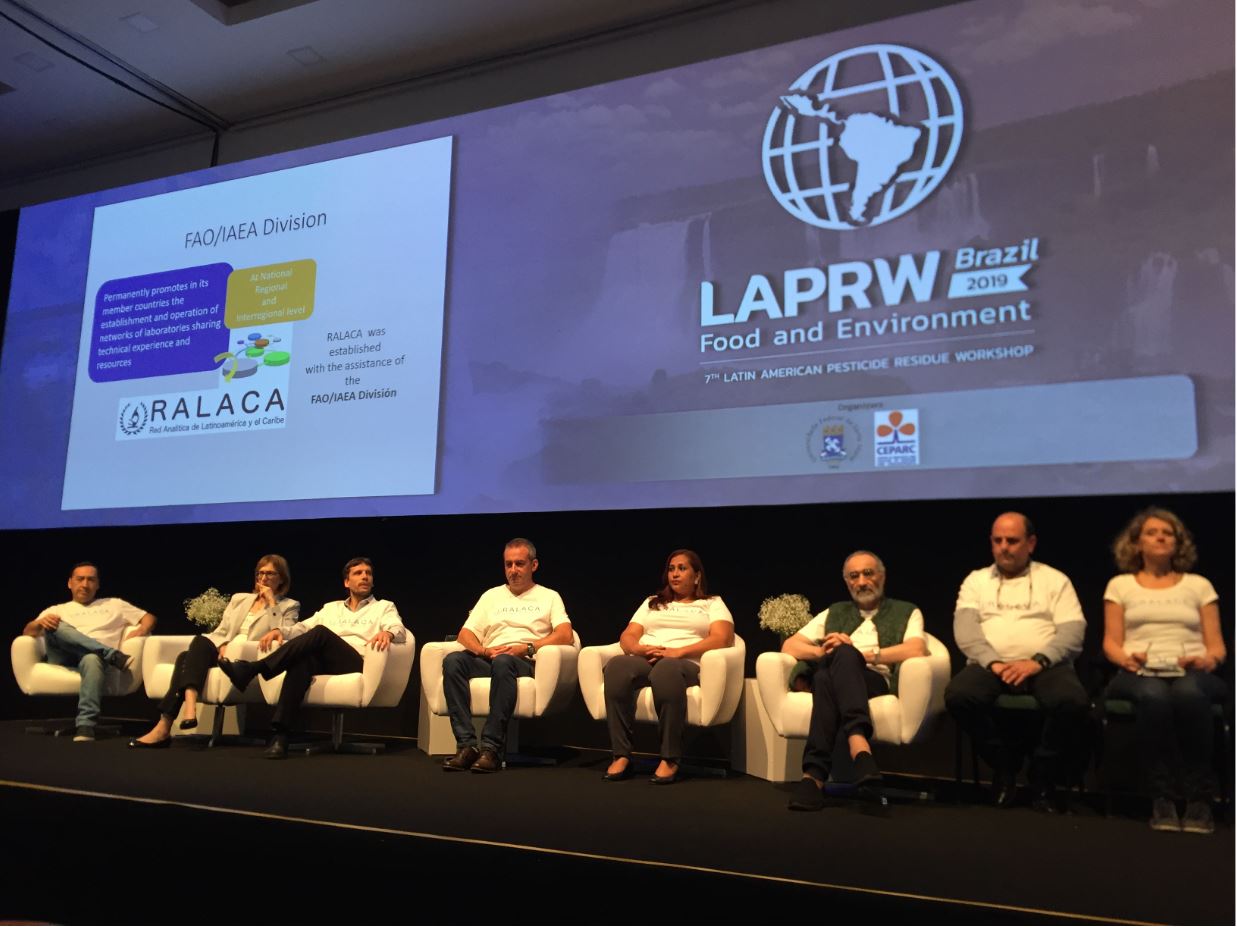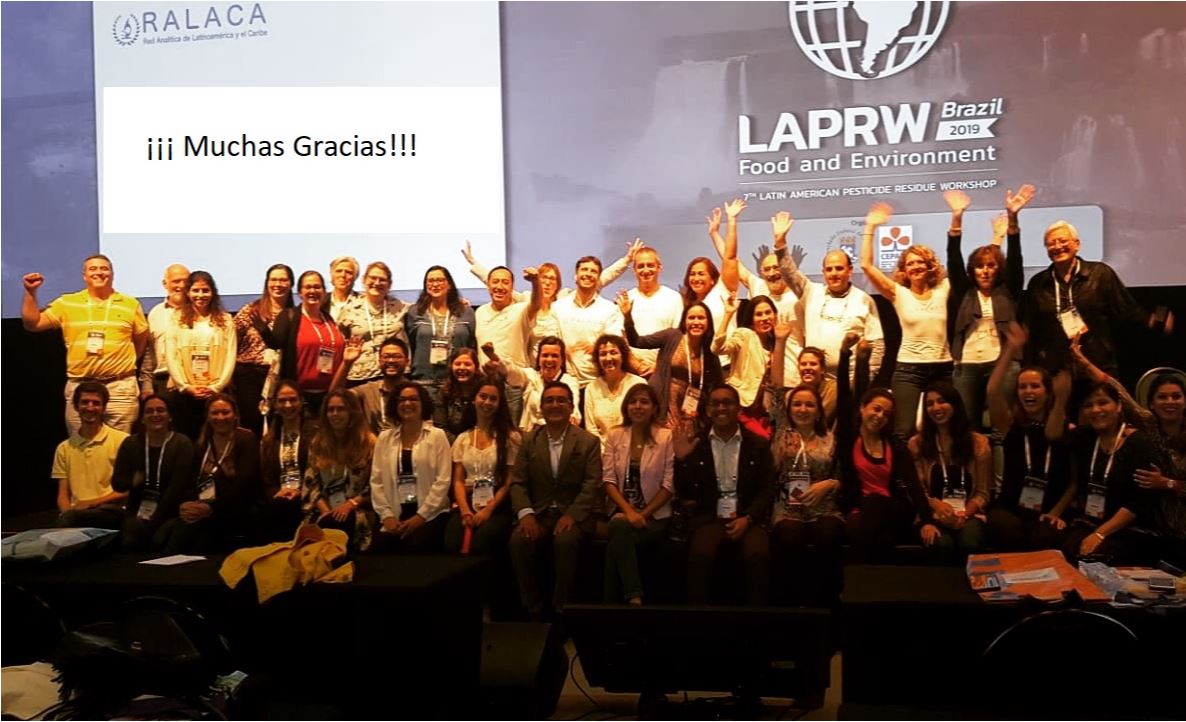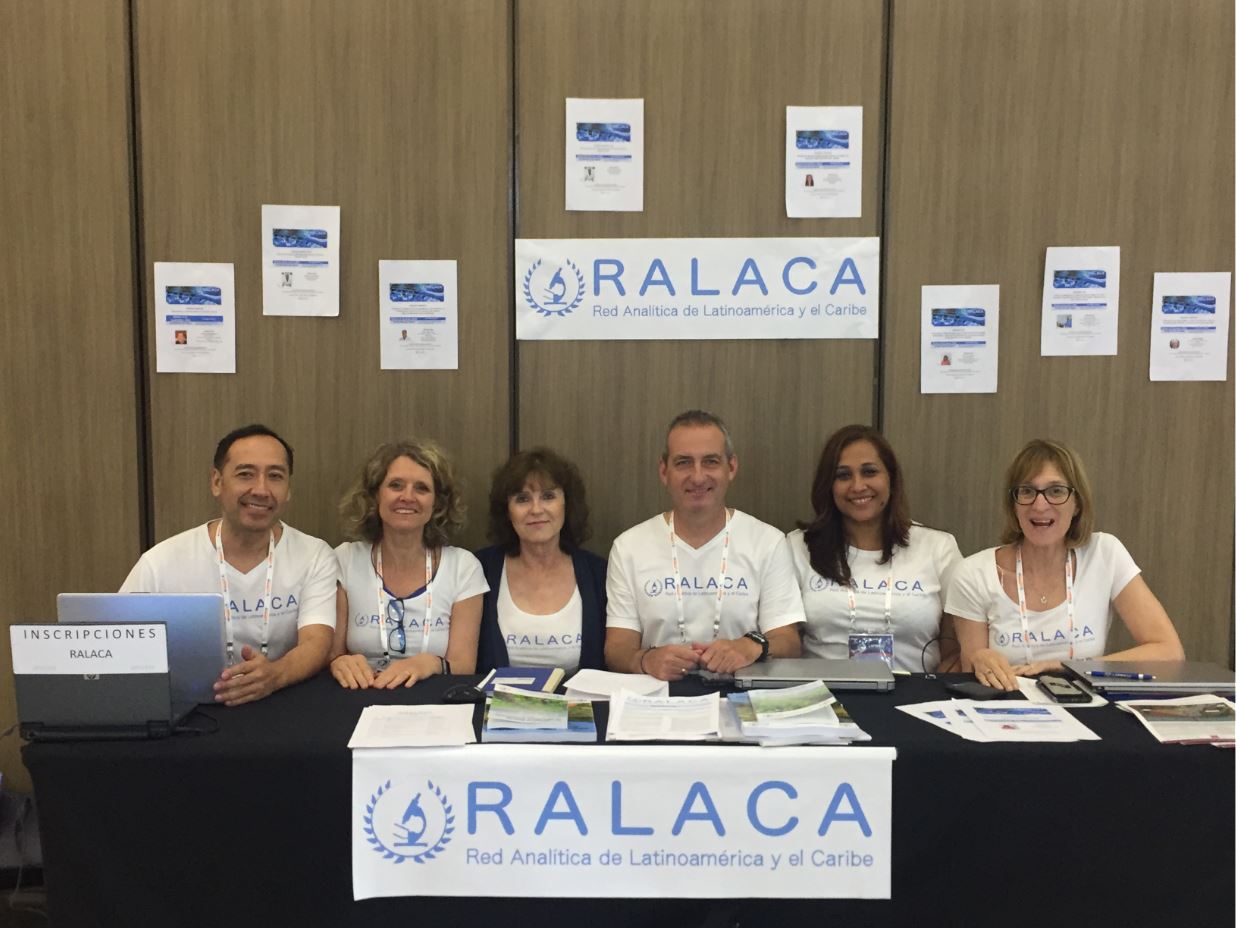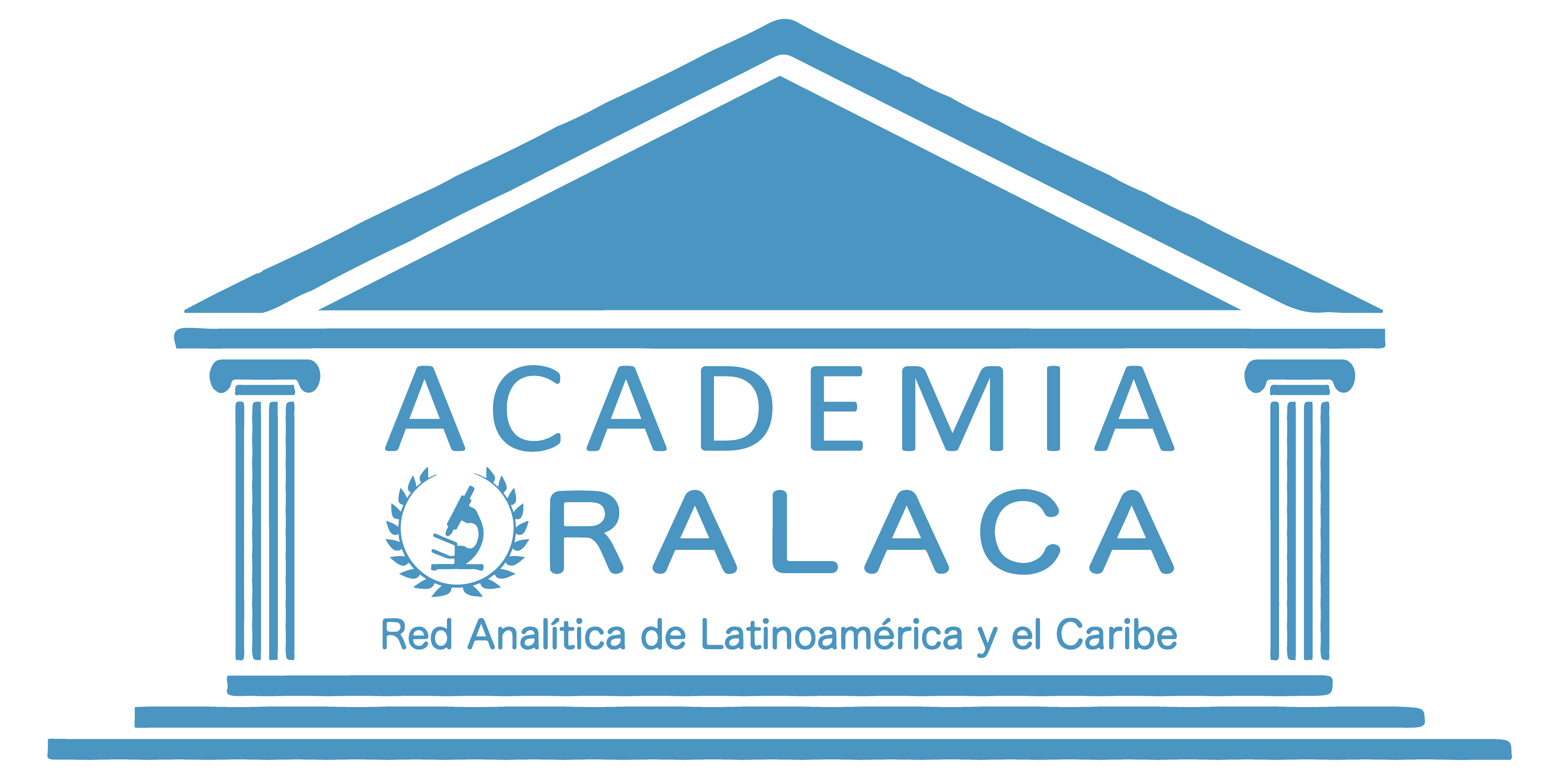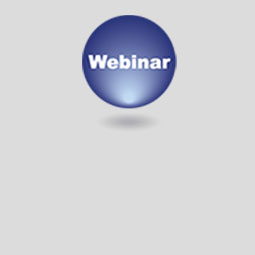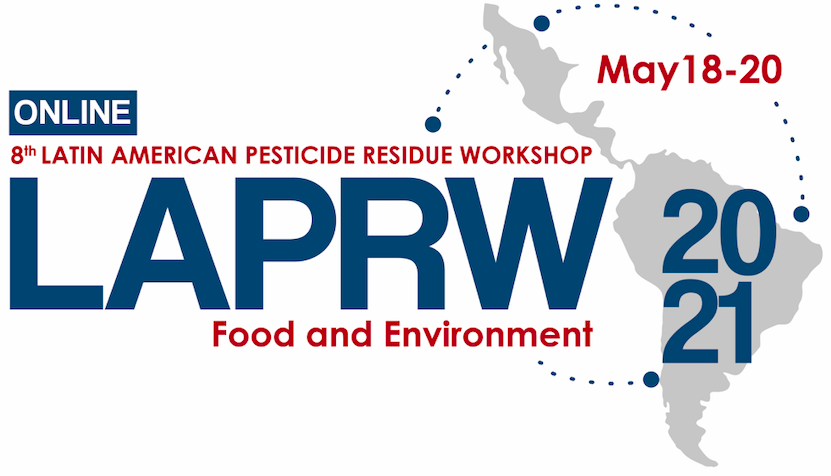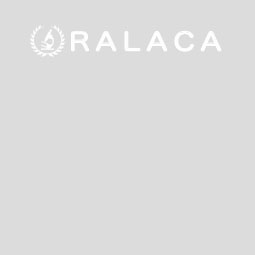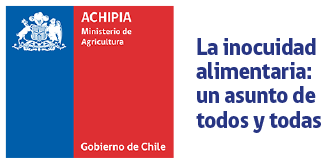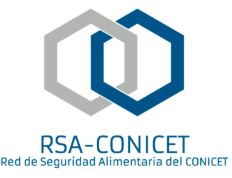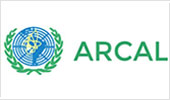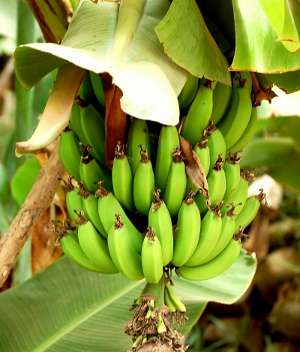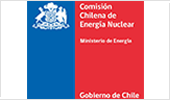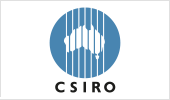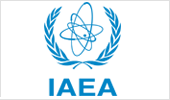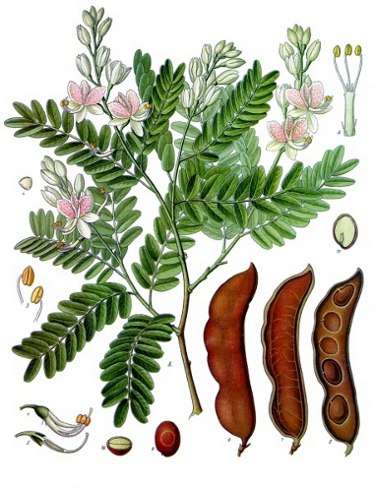|
|
|
|
Contact person in the laboratory: |
Dr. Martín Sebastián Munitz |
|
Email of contact person: |
This email address is being protected from spambots. You need JavaScript enabled to view it. |
|
Mandate of the Laboratory: |
Our laboratory group is focused on teaching, research and method development activities. We analyze pesticides and other contaminants in food and environmental samples. We also contribute to Uruguay river monitoring. |
|
Role in the farm-to-fork chain: |
To develop new analytical methodologies to cover a wide range of food and environmental matrix spectrum, according to different public and private customers’ requirements. |
|
National Reference Laboratory: |
No |
|
Type of contaminants analysed: |
Pesticides (insecticides, fungicides) |
|
Matrices analysed: |
Fruits and Juices (blueberries and citrus fruits and juices, etc.) Cereals (rice, wheat, flax seeds) Cow perirenal fat Honey Milk Fish Environmental samples (water, soils, sediments) Transformer refrigerant oil |
|
Combination matrices and contaminants |
‐ Fruits, juices, cereals, milk and fish: |
|
Description of validated method used: |
QuEChERS |
|
Laboratory accredited according to |
No |
|
Provision of interpretation of residue |
Yes |
|
Laboratory certified according to GLP: |
No |
|
Is laboratory available for research and |
Yes |
|
Is the laboratory available for quality auditing services within RALACA when funding becomes available? |
Yes
|
|
Is the laboratory available for expert missions within RALACA when funding becomes available? |
Yes |
|
Is the laboratory available for ad hoc on- site training when funding becomes available? |
Yes |
|
Is the laboratory available for ad hoc |
Yes |
|
Is the laboratory available for preparation of ad hoc reference materials when projects/funding becomes available? |
No |
|
Is the laboratory available for organization and distribution of ad hoc proficiency testing/collaborative trials when projects/funding becomes available? |
No |
 Vienna, Austria
Vienna, Austria  ralacaboard@red-ralaca.net
ralacaboard@red-ralaca.net




Special Events
Latest News
!Congreso LAPRW 2023
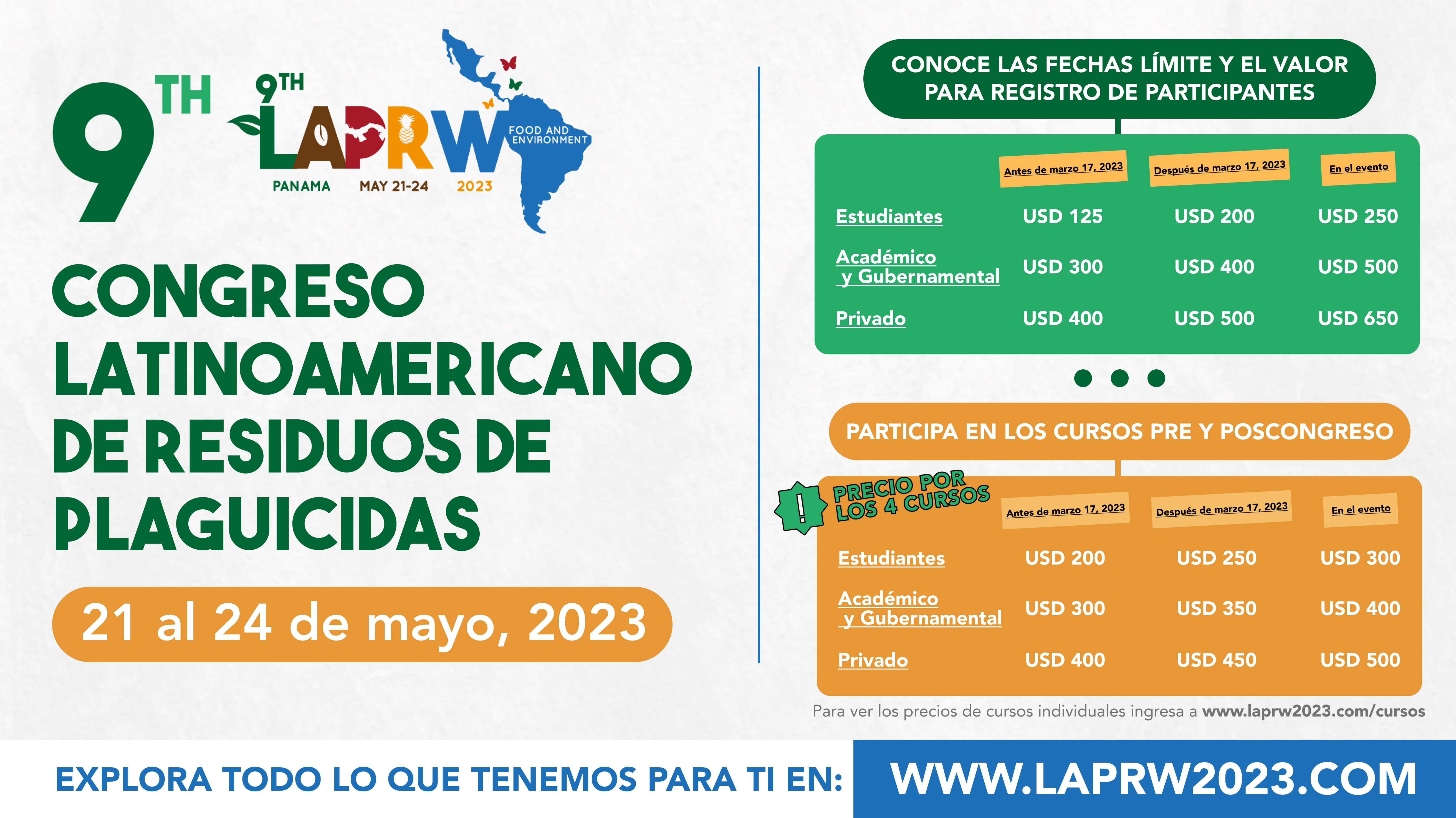
CONVOCATORIA FAO/WHO

Do you work with data? Here's a chance to harmonize individual quantitative food consumption data and publish it in FAO statistical databases. |
|
|
LARAS Chile 2021
Les invitamos al 2nd LARAS: Latin American and Caribbean Risk Assessment Chile 2021
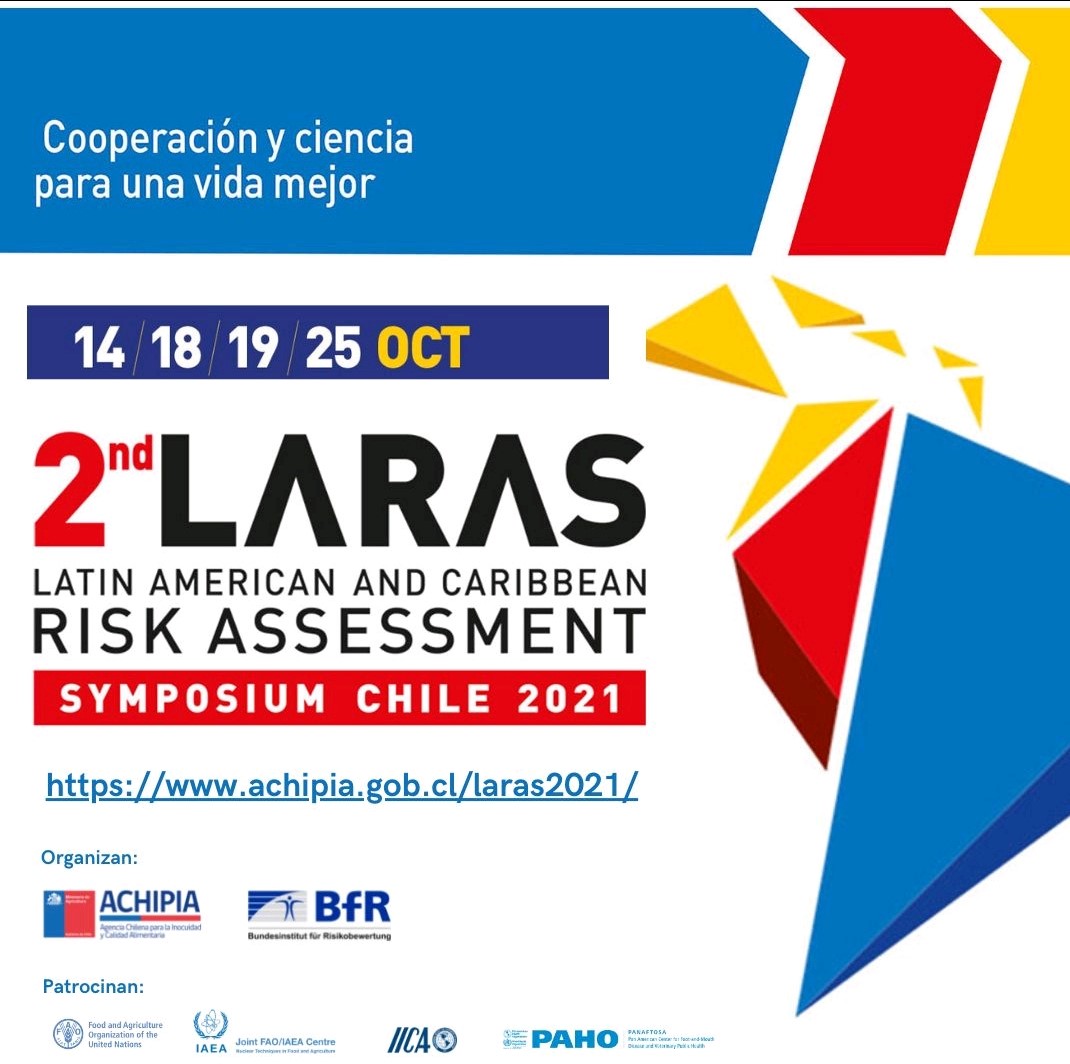
Webinar: “Salud, ambiente y la agenda de plaguicidas”
